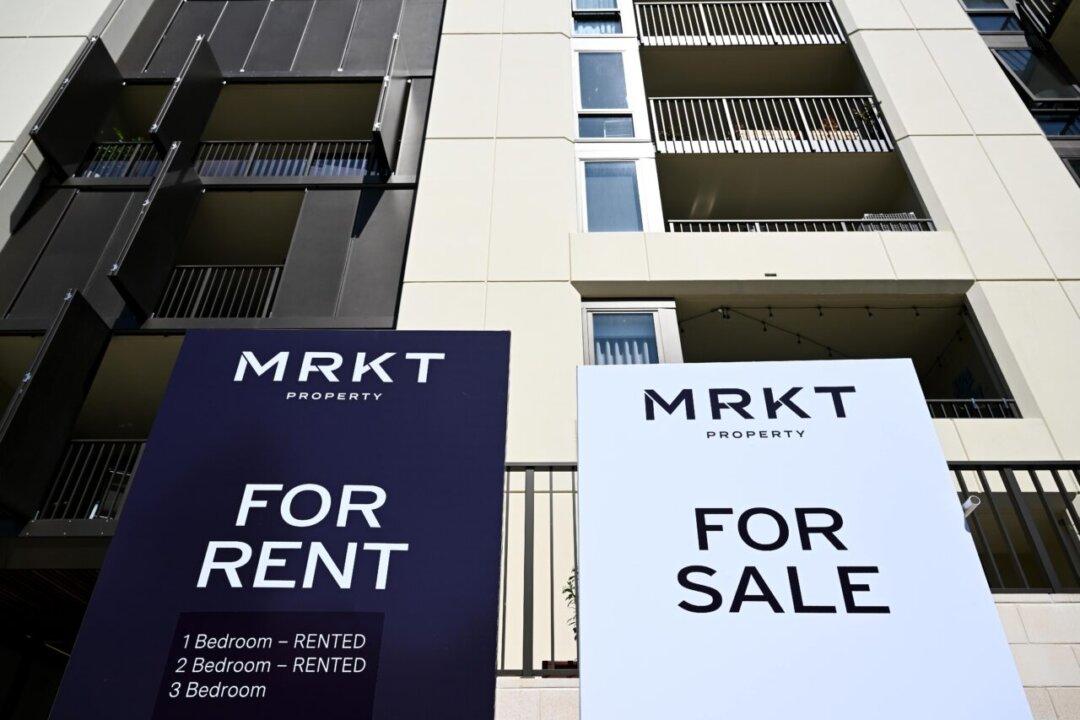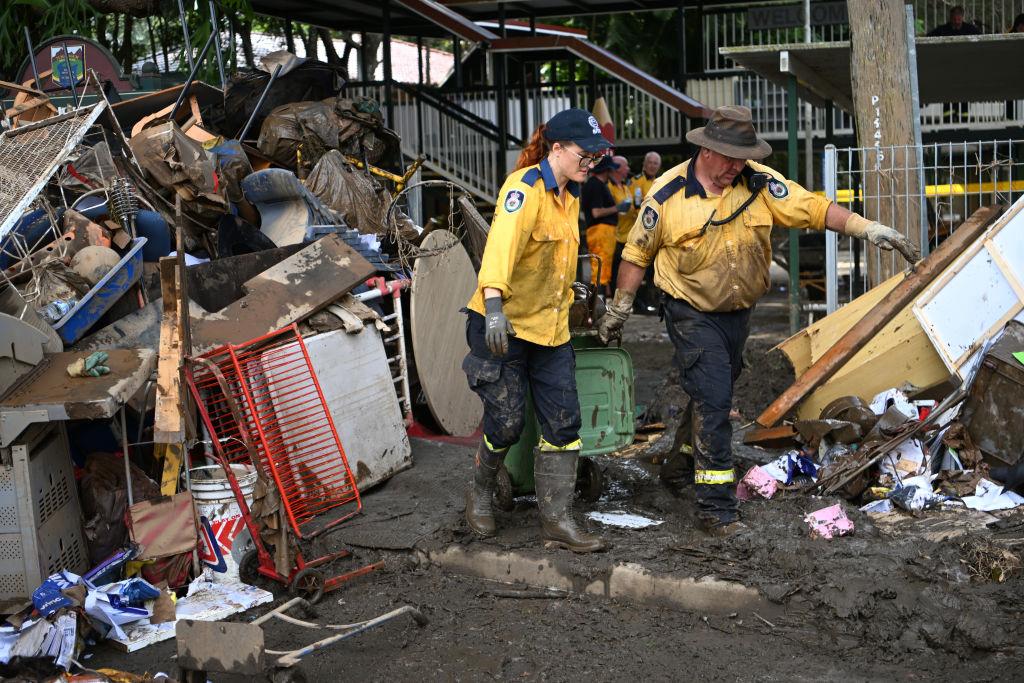The Western Australia (WA) government announced rental reforms that will help balance the needs between renters and landlords as the state is the last jurisdiction in Australia where renters can be evicted with no-grounds.
WA Commerce Minister, Sue Ellery, introduced rental reforms on May 26 that will improve the rights for renters and provide certainty for landlords.





